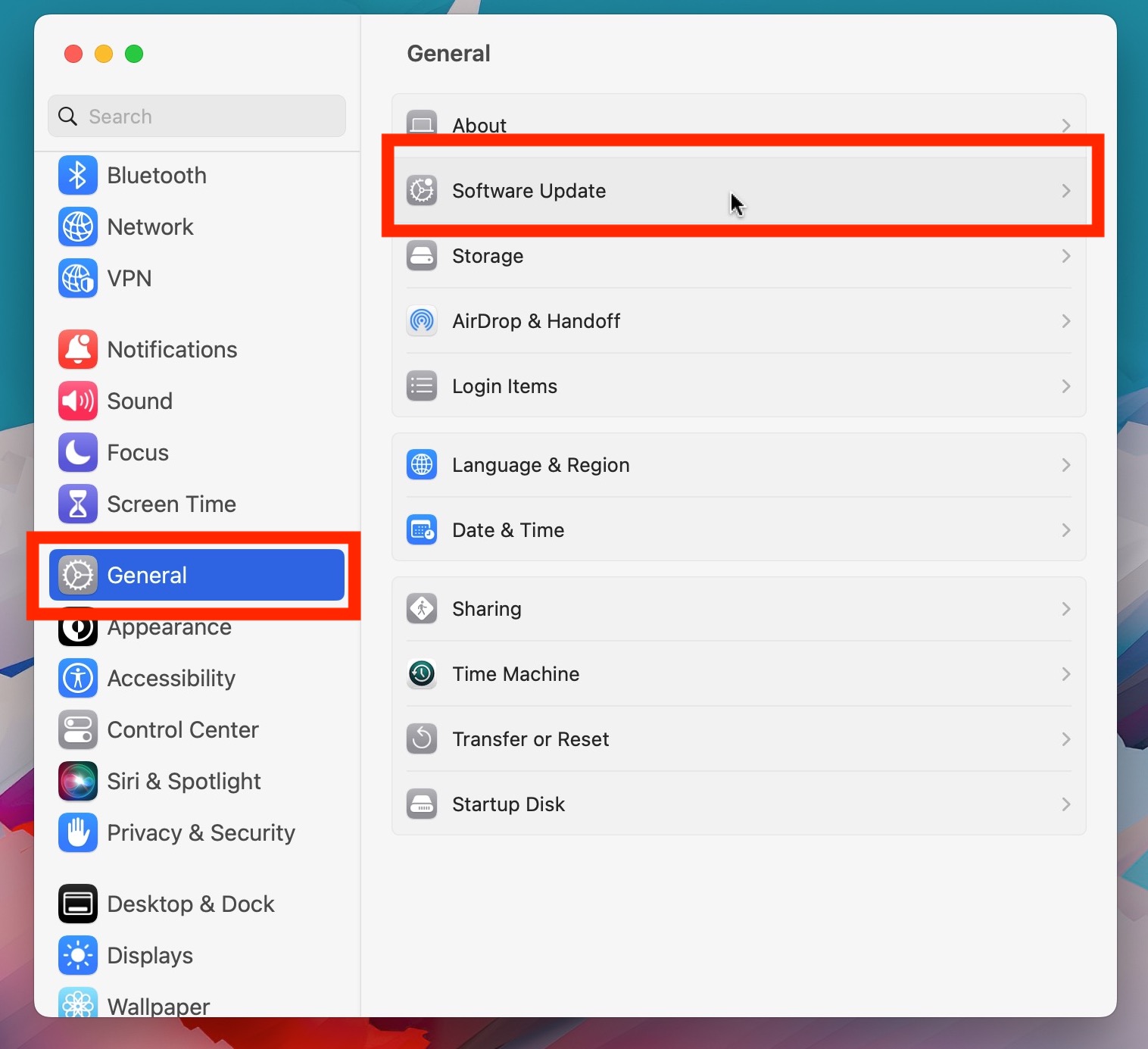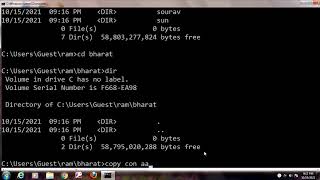- Using constexpr for compile-time calculations
constexpr is a keyword in C++ that allows you to specify that the value of a variable or function can be evaluated at compile-time. This can be useful for optimizing your code, as it allows the compiler to perform calculations at compile-time instead of run-time.
Here’s an example:
constexpr int sum(int a, int b) { return (a + b); }
int main()
{
constexpr int a = sum(10, 20);
std::cout << “sum = “<<a;
return 0;
}
- Using rvalue references and move semantics
Rvalue references and move semantics allow you to efficiently transfer ownership of resources from one object to another. This can help you avoid unnecessary copying and improve the performance of your code.
Here’s an example:
void f(int& i) { std::cout << “L Value : ” << i << “\n”; }
void f(int&& i) { std::cout << “R Value : ” << i << “\n”; }
int main()
{
int i = 77;
f(i); // lvalue ref called
f(99); // rvalue ref called
f(std::move(i)); // rvalue ref called
return 0;
}
- Using smart pointers
Smart pointers are a feature of the C++ Standard Library that allow you to automatically manage the memory and resources of objects. This can help you avoid memory leaks and improve the safety of your code.
Here’s an example:
template <class T>
class Smartpointer
{
//Actual pointer
T *p;
public:
// Constructor of class
Smartpointer(T *ptr = NULL)
{
p = ptr;
}
// Destructor of class
~Smartpointer()
{
if(p!=NULL)
delete p;
}
};
- Using exception handling
Exception handling is a feature of C++ that allows you to handle unexpected events in your code. This can help you write more robust and reliable code.
Here’s an example:
- Using the Curiously Recurring Template Pattern (CRTP)
The CRTP is a technique in C++ that allows you to create a template class that inherits from a class that is specified as a template parameter. This can be useful for implementing static polymorphism and other advanced features.
Here’s an example:
template<typename specific_animal>
struct animal
{
void who() { implementation().who(); }
specific_animal& implementation() {return *static_cast<specific_animal*>(this);}
};
struct dog : public animal<dog> {
void who() { cout << “dog” << endl; }
};
struct cat : public animal<cat> {
void who() { cout << “cat” << endl; }
};
template<typename specific_animal>
void who_am_i(animal<specific_animal> & animal) {
animal.who();
}
These are just a few examples of the many advanced techniques that are available in C++. I hope this helps! Let me know if you have any questions.
About Author
Discover more from SURFCLOUD TECHNOLOGY
Subscribe to get the latest posts sent to your email.




